Diploma of Fashion Design Course Online
Self Paced Online Course
Fashion is an important way of self expression through clothing, textiles and accessories. Our Fashion Design Course gives you all of the training and skills you need to create your own clothing and understand the processes involved in developing a garment collection for a personal brand as well as various other important aspects influencing the Fashion Industry.
The Online Fashion Design Course is delivered online and consists of 12 modules and 12 assignments. You can study in your own time and at your own pace. The average time required to complete the course is 24 weeks. However, we provide students with 12 months. Extensions can be purchased if extra time is required.
The modules are designed to be read sequentially and will help build your knowledge to enable you to design a Range of Fashion outfits.
There are exercises at the end of each module, which will require you to participate in the design experience. It is through participation and interaction that you will learn to feel confident and find your creative voice. The exercises are designed to help you build your first professional portfolio.
Each student will be given the same task to develop a collection of cohesive outfits for a Fashion Label. This task will require them to know about the skills throughout the different units of this course that will include sewing, making garment patterns, understanding different textiles and how to develop a design brief and go about the process of making a collection.
As these are online courses, we understand that some of our students might not find all the resources or textiles materials required, but alternatives can be used and discussed if required with the tutor.
Experience the transformation as your thoughts and opinions evolve while gaining more knowledge and skills. Enjoy the process of gaining skills that will enable you to communicate your untapped, creative potential.
Course Fee
Flexible Payment Options
- Contributions From Leading Fashion Designers
- High Definition Video Content
- 24/7 Support
- Exclusive Facebook Group
- No Fixed Start Dates
- Flexible Payment Options
- Free Website Portfolio To Display Your Work
- 7 Day Money Back Guarantee
- Personal Tutor
 Module 1
Module 1
The Fashion Industry
In the first module, you will learn how the fashion industry, a multibillion-dollar global enterprise devoted to the business of making and selling clothes, functions.
– You will learn about the fashion calendar and the important aspects of planning for fashion seasons.
– You will learn about Legendary fashion designers, world-class fashion houses/boutiques, museums, exhibitions, and fashion shows.
– Knowledge about the big fashion world out there beyond the fashion capital cities.
– You will learn about terms and terminology associated with the Fashion Industry.
Module Content:
- Getting Started
- How to Use Our Course
- What Is Fashion Design?
- Welcome to the World of Fashion
- Introduction to the World of Fashion Design
- Brief History on Fashion Design
- Divisions of Apparel
- Size and Age Divisions
- Unisex Clothing
- Types of Apparel for Women
- Fashion Seasons
- Fashion Capitals
- Key Terms
 Module 2
Module 2
Fashion History & Contextual Studies
This Module highlights the fashion trends and contextual studies through the key designers, styles and periods to trace the evolution of historical fashion in the social, economic and political contexts.
– You will be able to understand the factors that affect the fashion during a particular period.
– It will help you understand the process of fashion evolution that will become an inspiration to develop contemporary fashion ideas that are relevant to the current times.
Module Content:
Units Covered
- Introduction: What Is Fashion?
- What Is High Fashion?
- Early Fashion Icons: Louis XIV, King of France, 1643-1715
- Early Fashion Icons: Queen Elizabeth I of England and Marie Antoinette of France
- The Modern Era
- Fashion and the Industrial Revolution
- Victorian Era Fashion
- Key Trends in Nineteenth-Century Victorian Fashion (1837-1901)
- Corsets and Control
- The Genesis of Couture
- What Is the Function of Designers?
- Paris and London: The Centres of Fashion
- (1825-1895) House of Worth, Founded in 1858
- The Fashion Atelier
- Paul Poiret, 1879-1944, “Le Magnifique”
- Paul Poiret, Evening Coats (1918-1923)
- Japanese Influence (Cult of Beauty)
- Art Nouveau
- Edwardian Era Fashion
- 1900-1914 La Belle Époque & the Edwardian Era
- World War I
- 1914-1918 Wartime
- Wartime Womenswear
- The Roaring Twenties
- The Roaring Twenties: The Jazz Age in America
- Hollywood Influence
- The Era of 1930s
- 1930s, The Great Depression
- Hollywood Influence, the 1930s
- Austerity Day Wear; The End of the Flapper
- World War II
- 1940s: WWII
- Womenswear: More Wartime Austerity
- The Era of 1950s
- The 1950s: Conservatism versus Rock ’n’ Roll
- Teenage Revolution
- Fifties Womenswear
- The Era of 1960s
- 1960s, Space Age Optimism and the Vietnam War
- 1960s Youth Culture
- Sixties Womenswear
- The Era of 1970s
- 1970s: Anything Goes. Disco, Glam Rock, Punk Rock, and More
- Techno Fashion and Space Age Design
- Seventies Womenswear, Everything Goes
- 1980s to Present Day
- 1980 to Present Day – The Designer Decades and Globalisation
- The 1980s – Bigger Is Better
- Eighties Womenswear
- Eighties Youth Trends
- Eighties Designers
- Nineties Designer Womenswear
- Nineties Youth
- The Eighties and Nineties Fashion Icons
- The Designer Decades and Globalisation
- Current Fashion Icons
- 2000 to Present: Legendary Designers, McQueen and Prada
- Current Designers on the Conceptual Edge
- Tech Pioneer, Iris van Herpen
- Design Genius and Innovation
- The Dominance of Athleisure
- Sustainable Fashion and Climate Change
- Pop Art Influence
- Smart Fabrics: Designing the Future
- Conclusion: Future Fashion
 Module 3
Module 3
Fundamentals of Design
The first module introduces design fundamentals, covering various aspects of the initial design development.
– You will be introduced to different elements and principles of design that will be the foundation for your design development.
– Understanding Different aspects of Art, Craft and Design and studying the work by different artists and craftsmen.
– Learn to analyse and develop an eye for the finer details beginning your design journey.
Module Content:
- Introduction to Art, Craft, & Design
- What Is Art?
- What Is Craft?
- What Is Design?
- Art, Craft, and Design Process
- Elements of Design
- Principles of Design
- The 9 Major Principles of Design Are:
- {Colour|Color} Theory
- Conclusion
 Module 4
Module 4
Fashion Sketching & Illustration
In this module, you will learn the fashion illustration and rendering process, which will play an integral part in developing and communicating your design ideas visually.
– You will get to know various tools and techniques that are used in the illustration and rendering process.
– You will get the Knowledge and tips to communicate your ideas of components like hairstyles, colouring different skin tones, textile rendering through illustrations
Module Content:
- Introduction
- What Is Fashion Illustration?
- Difference Between Design Illustration and Editorial Illustration
- Fashion Illustration as a Career
- History of Fashion Illustration
- The Dissolution and Resurgence of Fashion Illustration
- Tools and Materials
- Illustration Tools
- Drawing Garments and Flats
- Introduction to Fashion Flats
- Fashion Heads
- Female Fashion Figure
- Introduction to Fashion Figures
- Illustrating Your Collection
- Conclusion
 Module 5
Module 5
Textile and Clothing
In this module, you will learn about textile fibres, yarns, and fabric types, characteristics and designing along with labeling & care of fabrics.
– You will get the knowledge of various aspects of the properties & manufacturing process of Fibre to Final Fabric.
– You will learn the textile development process and identification of fabrics that will help you in further developing your collection.
– You will be performing textile tests and analysing the wide variety of fabrics.
– You will study about the Technical, smart and emerging textiles.
Module Content:
- Introduction
- Overview: TCF Industry
- {Fibres|Fibers}, Yarn and Fabrics
- Textile {Fibres|Fibers}
- Natural {Fibres|Fibers}
- Synthetic or Manmade {Fibres|Fibers}
- Semi-Synthetic {Fibres|Fibers}, Regenerated {Fibres|Fibers}, or Natural Polymers
- Yarn
- What Is Yarn, Exactly?
- Fabric
- Introduction
- Fabric Manufacturing Processes
- Machine Weaving
- Fabric Qualities
- Style Characteristics
- Fabric Choice
- Blended Fabrics
- Technical Textiles
- Smart Textiles
- Methods of Identifying {Fibres|Fibers} and Fabric
- Textile Processing
- Surface Design and Patterns
- Fabric Printing Methods
- Dyeing
- Conclusion
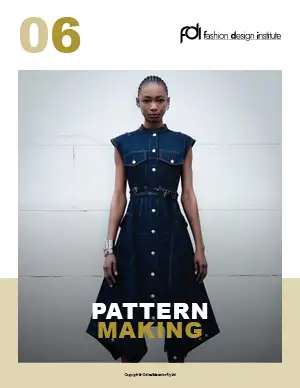
Pattern Making
In this module you will learn about the various pattern making processes, & layout.
– You will learn about unconventional materials and tools that are used in the pattern making process.
– You will understand the terminologies associated with the process, which will help you communicate with the field experts.
– You will be introduced to the process of measuring a human body and understanding standard measurement charts.
Module Content:
- Introduction to Pattern Making
- Elements of Pattern Making
- Pattern Making
- Tools
- Tools and Terminologies
- Global Size Standards
- Pattern Making Essentials
- Drafting the Basic Pattern Set
- Conclusion
 Module 7
Module 7
Sewing Technology
This module will skill you for understanding the different components of the apparel manufacturing process.
– You will learn about a sewing machine’s parts, functioning and maintenance.
– You will learn about different components, parts and finishes that are used in the production of garments.
– It will help you evaluate and understand the quality parameters and standards that are followed in the industry.
Module Content:
- Sewing Introduction
- Introduction to the Module
- Introduction to Sewing
- Guide to Sewing Machines
- Materials & Tools in Sewing
- Operations of a Sewing Machine
- Basic Sewing Elements
- Garment Alteration
- Garment Industry Overview
- Conclusion
 Module 8
Module 8
Fashion Draping Techniques
In this module, you will learn the process of positioning and pinning the fabric on a dressform that can be used to create the basic pattern or to design organically by playing with the fabric on the form.
– You will learn about the various tools and materials that will help you drape efficiently and get a desired outcome.
– You will learn about various steps involved in Pre-Preparation for draping, like taping the dress form, muslin preparation and fabric selection.
– You will also learn about the tips like pinning directions and grainline that will help you achieve quality outcomes.
Module Content:
- Introduction to Draping
- Insight into Draping
- Draping Techniques
- Conclusion
 Module 9
Module 9
Surface Ornamentation
In this module, you will learn about surface ornamentation techniques, fabric manipulation, natural dyeing and indigenous printing.
– This will help you understand the transformation of art to modern fabrics ornamentation by various kinds of tools and techniques which come from various parts of the world.
– This module will help you study the various indigenous techniques and cultures that practice the same art in their own unique ways.
Module Content:
- Introduction
- What Is Surface Ornamentation?
- What Is Fabric Manipulation?
- Importance of Surface Ornamentation & Fabric Manipulation
- Types of Surface Ornamentation
- Embroidery
- Dyeing
- Printing
- Quilting
- Patchwork
- Appliqué
- Cutwork
- Types of Fabric Manipulation
- Pleating
- Heat-Pressed Pleats
- Pin-Tucking
- Smocking
- Embroidery
- Introduction & History
- Hand Embroidery Vs Machine Embroidery
- Basic Embroidery Stitches
- Popular Embroideries
- Embroidery Defects and Quality Control
- Dyeing
- Introduction & History
- Hand Dyeing Vs Machine Dyeing
- Types of Dyes
- Methods of Dyeing
- Indigenous Dyeing Techniques & Processes
- Printing
- Introduction & History
- Hand Printing Vs Machine Printing
- Popular Hand Printing Techniques, Design & Process
- Environment Safety Laws Associated with Dyeing & Printing
- Safety Protocols in Dyeing & Printing
- Conclusion
 Module 10
Module 10
Merchandising & Marketing
In this module you will learn the fundamental skills and acquire knowledge necessary to guide and operate in the real fashion industry in local and international realities.
– This will help you learn the basic theories of consumer behaviour and psychology.
– You will understand various promotional and marketing strategies that are commonly used in the TCF industry.
Module Content:
- History of Fashion Retail
- What Is Retail?
- Evolution of Supply Chains
- Evolution of Manufacturing
- Retail Today
- History of Marketing
- What Is Marketing?
- Evolution of Marketing
- Evolution of Fashion Marketing
- Fashion Marketing Today
- Marketing Tools and Techniques
- What Are Marketing Tools?
- Types of Marketing Tools
- Market Research
- Understanding Macro and Micro Factors
- Observing Trends and Patterns
- The Marketing Mix
- What Is the Marketing Mix?
- The 4 Ps of Marketing
- The 4 Cs of Marketing Mix
- Fashion Merchandising
- What Is Fashion Merchandising?
- The 5 Rs
- Data Analysis
- Buying
- Range Planning
- Sales Forecasting
- Visual Merchandising
- Chapter Summary
- Conclusion
 Module 11
Module 11
The Fashion Business
In this module, you will learn the fashion business practices that will help you plan your entrepreneurial journey. The topics will give you an insight of the various operations executed in the global fashion industry.
–You will get to know about the fashion business segments and trends.
–You will get the Knowledge on how to build a business model canvas and plan.
–You will get a brief understanding of Sustainable Fashion practices.
Module Content:
- Fashion Business Today
- 4th Industrial Revolution ({Globalisation|Globalization})
- Types of Fashion Business Models
- Identifying Business Opportunities
- Understanding Global Trends
- Identifying Niche
- Establishing Target Market
- Establishing Product-Market Fit
- Design Thinking in Fashion
- Origin of Design Thinking
- Process of Design Thinking
- The Nonlinear Nature of Design Thinking
- Traditional VS Modern Supply Chain
- Business Model Canvas
- What Is a BMC?
- Components of the BMC
- Develop and Implement a Business Plan
- What Is a Business Plan?
- Components of a Business Plan
- Training and Team Building
- How to Assess Risk
- Contingency Planning
- Monitoring Performance
- Respond to Performance Data
- Strengths and Weaknesses of the Business Plan
- Sustainable Business Practices
- Role of Sustainability and Ethics in Today’s Business
- Circular Business Models
- Critical Business Actions to Embrace Circularity
- Sustainability Policy and Action Plan
 Module 12
Module 12
Building a Fashion Collection
This Module is an amalgamation of the topics learnt from the fundamentals of design, skills based and technical subjects that help you in collection development.
– You will learn about the fashion design process from conceptualisation, designing, range planning, sample development and launching your collection.
– This will help you to explore and understand the various career opportunities in the world of Fashion.
– You will learn to communicate and represent a fashion story.
Module Content:
- Introduction
- Design Process
- Design Flow Process
- Capsule Collection
- Design Team
- Presenting Your Collection
- Key Terms
- Conclusion
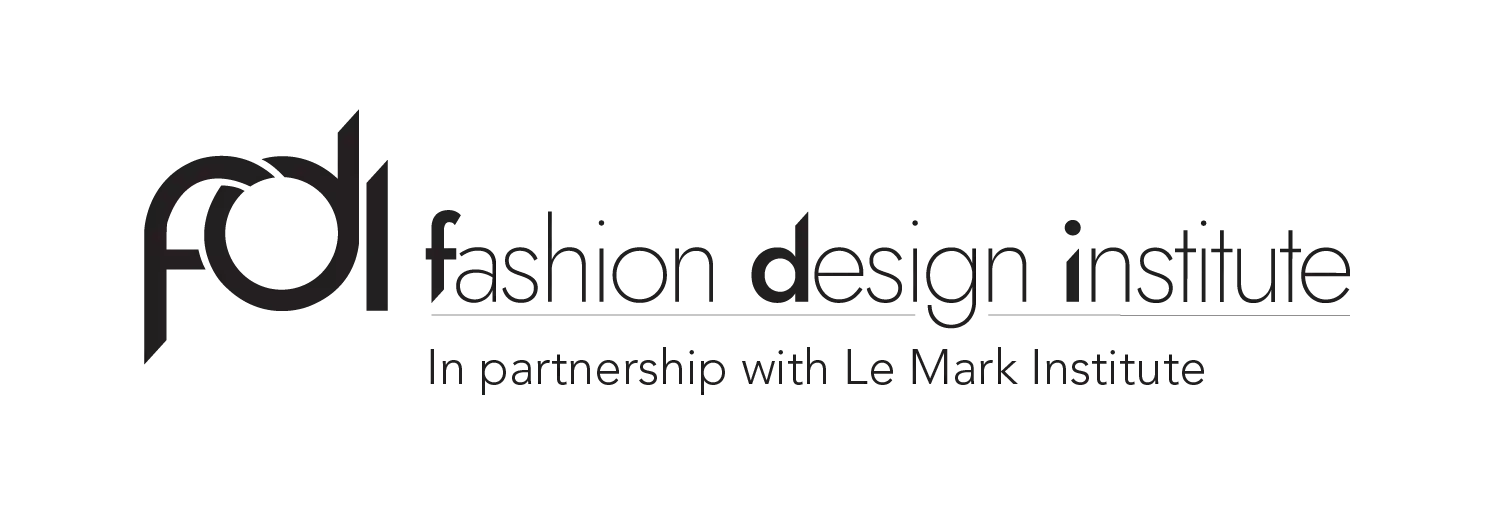
Registration Code - 45423
The Fashion Design Institute offers you the most advanced and comprehensive online solution to learning available today. We offer the most thorough home study course in Fashion Design using the very latest online learning techniques. Our commitment to providing the highest quality training program has resulted in unique teaching and student support systems, which produce unparalleled results.
THE CONTRIBUTORS
Know more about the authors.
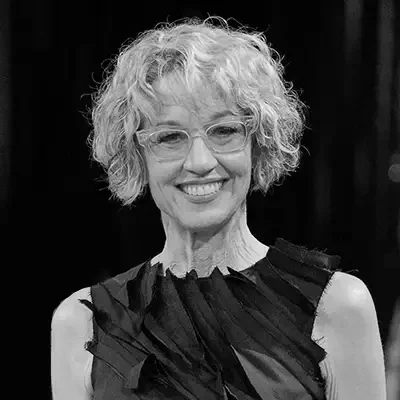
Kathryn Hagen
Everyone dresses, thus building a unique visual identity. Kathryn Hagen has spent much of her adult life exploring global fashion culture and the relationship of the designer to the fine artist. She believes in the validity of thinking with your hands and the value of the maker in this extreme technological age.
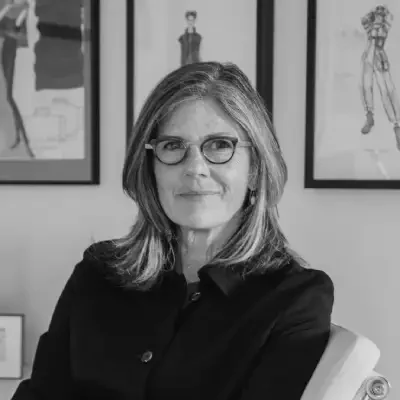
Dr. Amy Williams
Amy (Amelia) Williams, Ed.D. is a Change Consultant focused on sustainability strategies advocating for environmental and social justice, and specifically, gender equity initiatives. She earned her Doctorate of Education from the University of Southern California, Rossier School of Education in Organisational Change and Leadership, and completed a Leadership Fellowship at the California College of the Arts.
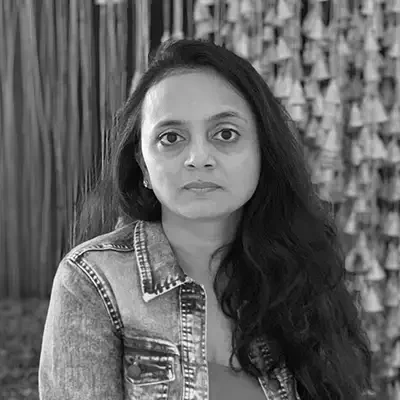
Samira Shah
A passionate educationist, social entrepreneur, and keen thought leader – Ms Samira Shah is the principal architect and founder of the leading design school, Le Mark Institute and Timeless Artisans, an exciting study venture for art enthusiasts around the world. Samira found her true calling as a teacher over 20 years ago and has constantly contributed to and built the fashion and textile industry.
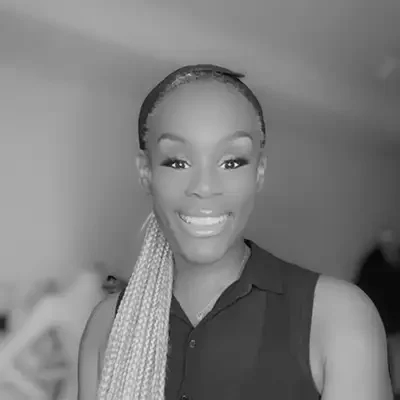
Dr. Kay Khan (Ed.D)
Dr. Kay Khan (Ed.D) (Dr. K) is an Educator, Author, Content Creator, Marketer, Designer and has held many professional titles over the years. Since 2002, these titles, which include Founder, Lecturer, Retail Store Manager, Makeup Artist, and Instructional Designer, and Apparel Manufacturing Consultant (Product Development) have aligned perfectly with her Bachelors Degree in Apparel Merchandising and Management/Apparel Production, Masters of Arts and Doctorate of Education.
OUR TUTORS
Our handpicked tutors are not only great teachers, but experts in their fields.
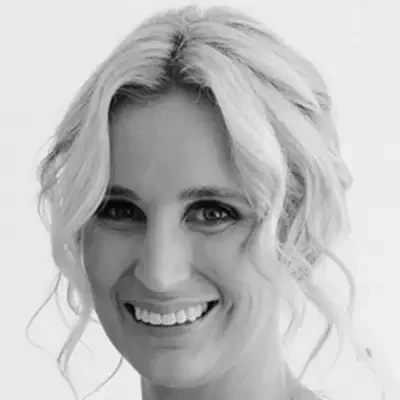
Laura Hawthorne
Laura studied a Diploma of Fashion Design and then completed her Advanced Diploma of Fashion Design. She started with her eye on costume design, but after experiencing the fast-paced and trend-driven environment of the global fashion scene, she was hooked.
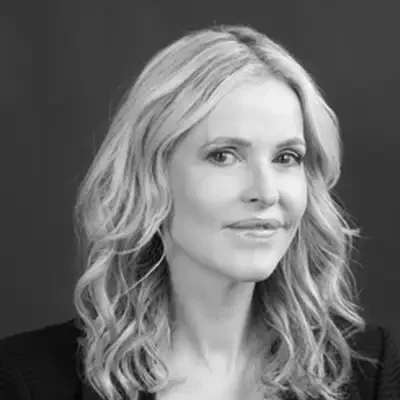
Katharine Giles
Katharine studied Fashion Design and Styling and began her professional fashion career as a cutter and patternmaker. She designed and managed womenswear fashion ranges for several brands, supplying retailers globally. Building and leading design teams through these years, Katharine attained extensive experience in fabric sourcing and initiating and implementing off-shore development programs
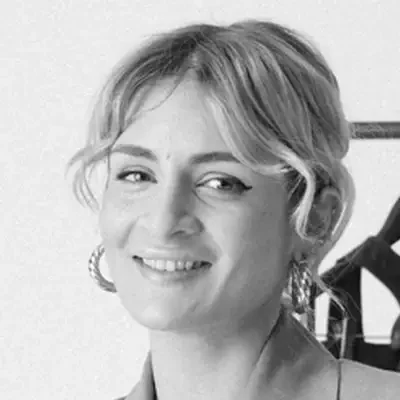
Christina Exie
Christina is a winner of the prestigious reality TV show Project Runway 2012, which set a perfect platform for her to achieve global design success.
After getting her fashion degree and being an entrepreneur at heart, she launched her Athleisure wear brand EXIE.
Accreditation
We are accredited and recognised by



Testimonials
Take a moment to read some of our graduate testimonials.
Let Us Call You
Complete the form below and we will get back to you as soon as possible
Our online fashion design course is designed to be self-paced, allowing you to study at your own convenience. This flexibility is ideal for individuals with busy schedules or other commitments. You can access course materials and assignments at any time and progress through the course at your own speed. This ensures that online learning can fit seamlessly into your lifestyle, allowing you to balance work, family, and other responsibilities while pursuing your education.
The course is designed to be self-paced. Normally, you would expect to be dedicating an average of about 4-6 hours per week for 24 weeks. However, many students take up to one year to complete their studies because of family or work commitments.
Absolutely! You have the opportunity to engage with instructors and fellow students through our student Facebook groups, and our 24/7 messaging system. These interactive components empower you to interact, collaborate, exchange ideas, seek answers to your inquiries, and receive invaluable feedback. The chance to connect and build networks with both professionals in the field and fellow students enriches your overall learning journey, creating a sense of community and a strong support system.
Yes, online degrees and certifications are widely recognised by employers. The Fashion Design Institute’s online course is designed to provide students with the necessary knowledge and skills to excel in their careers. Employers value practical experience and the ability to apply learned principles in real-world scenarios. Completing an online course demonstrates dedication, self-motivation, and the ability to manage time effectively, which are highly desirable qualities in the workforce.
To participate in our online fashion design course, you will need basic computer skills and access to a computer or laptop with an internet connection. Additionally, you may need software such as Adobe Reader to access course materials, and a word processing programs to complete assignments. The Fashion Design Institute’s online platform is user-friendly and accessible, ensuring that you can easily navigate through the course materials and engage with the learning resources provided.
No. The course is designed to allow for students who have had little or no experience in fashion design. Our comprehensive curriculum covers all aspects of fashion design, providing a solid foundation for beginners.
If you need more time to complete the course, you can purchase one of our affordable extensions. We offer extensions for 3, 6, and 12 months, allowing you to continue your learning journey at your own pace. Alternatively, you can purchase an Advanced Module, which will come with a 6 month extension.
Yes, advanced modules are available to purchase if you want to take your learning to the next level. These modules delve deeper into specific areas of fashion design, providing you with specialised knowledge and skills. By completing these advanced modules, you can enhance your expertise in specific areas of interest and broaden your career opportunities in the field of fashion design.
Students who have completed module 2 of the main Fashion Design course have the option to purchase the Advanced Modules as complementary courses. This flexible approach to learning allows you to customise your learning experience and focus on specific areas of interest. Whether you want to expand your knowledge in garment creation or delve into Fashion Marketing Strategies, our stand-alone Advanced Modules provide in-depth knowledge and practical skills in specialised areas of fashion design.
You can contact your tutor at any time through our secure student site, which you will gain access to once you enrol. Your tutor’s role is to assess your assignments and provide you with feedback. They are also available to answer any questions you may have about the course.
No, all course materials are provided digitally. As soon as you join The Fashion Design Institute, you will gain access to our online student site. From there, you can download the course materials as you progress through each module. The modules are provided in PDF format, allowing you to keep them for future reference and print them if desired. We are committed to providing a sustainable and environmentally friendly learning experience.
No, our course is completed entirely online. There are no physical classes to attend, giving you the freedom to study at your own pace and in your own time. You can access the course materials and assignments from anywhere with an internet connection.
Only basic computer skills are required to complete the online fashion design course. Our user-friendly platform and comprehensive course materials make it easy for individuals with varying levels of computer proficiency to navigate and engage with the content.
As the course is provided online, you have the flexibility to start when and where it suits you. If you enrolled today, for example, you could start straight away.
Yes, we provide networking opportunities for students through our dedicated online community. You can connect with other fashion design students and graduates through discussion forums and virtual workshops. This platform allows you to exchange ideas, share experiences, and build relationships with like-minded individuals in the industry. Networking with professionals and peers can provide valuable insights and potential collaborations in the field of fashion design.
Yes, The Fashion Design Institute offers networking opportunities for students through our dedicated student Facebook group. This platform allows you to connect with other fashion design students and graduates of the course, share ideas, and engage in discussions related to the fashion industry. Additionally, we organise regular workshops where you can interact with industry experts and gain valuable insights. These networking opportunities enable you to broaden your professional network, learn from experienced individuals, and stay updated with the latest trends and advancements in the field of fashion.
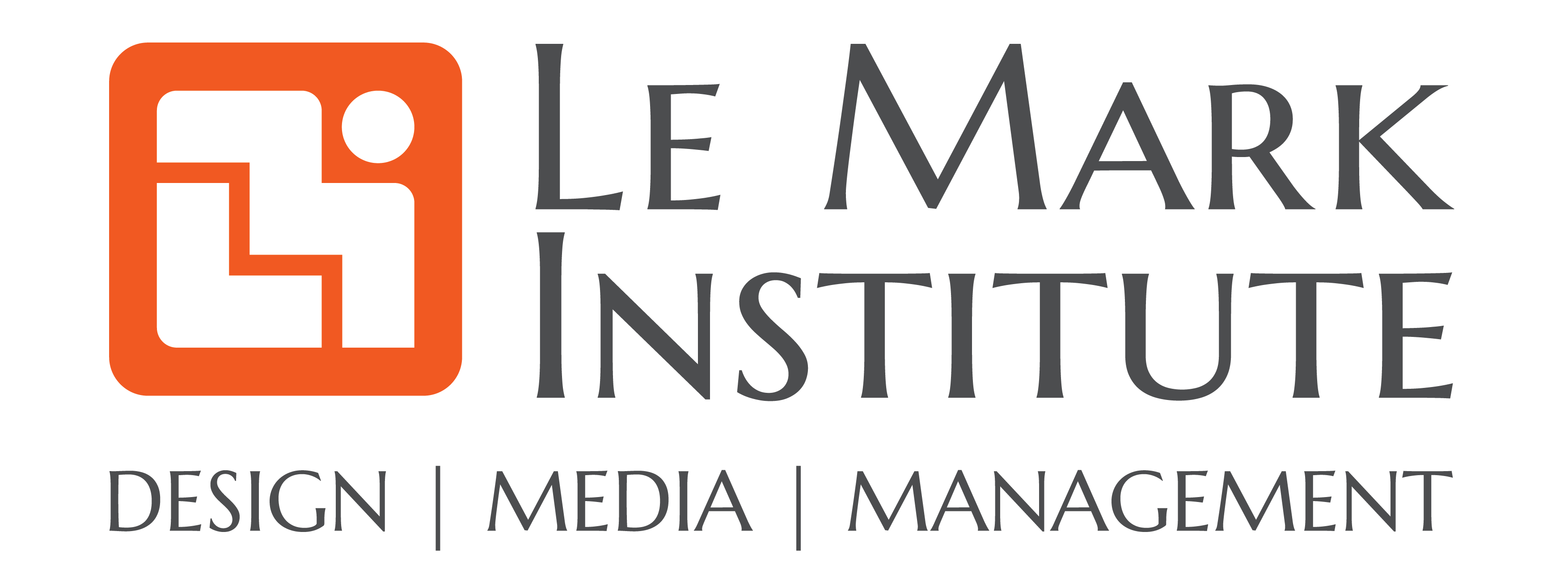

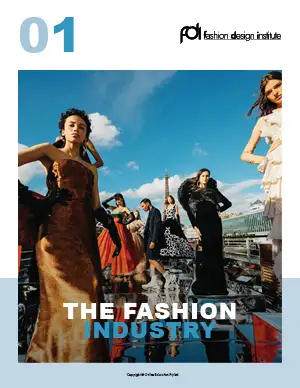 Module 1
Module 1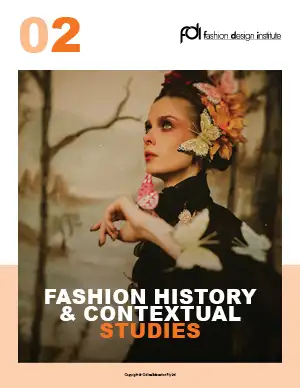 Module 2
Module 2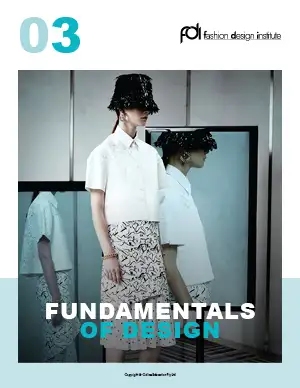 Module 3
Module 3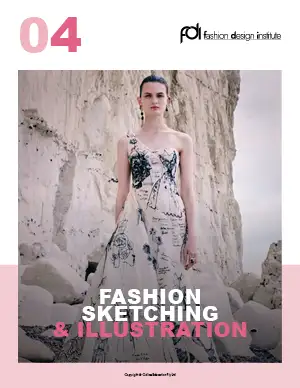 Module 4
Module 4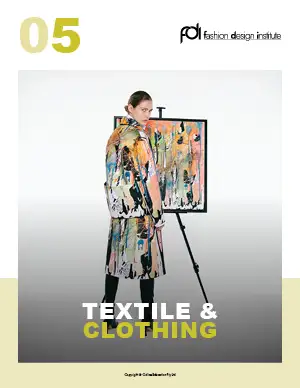 Module 5
Module 5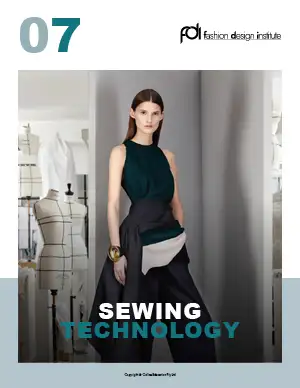 Module 7
Module 7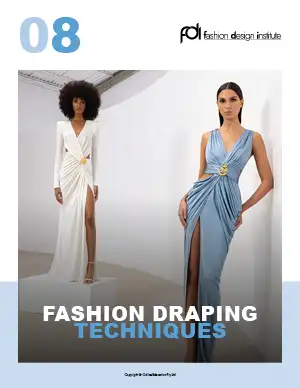 Module 8
Module 8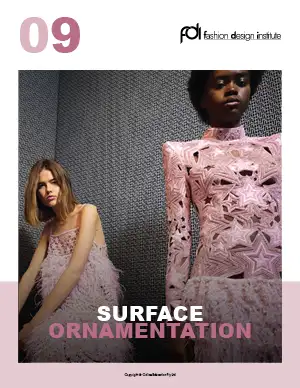 Module 9
Module 9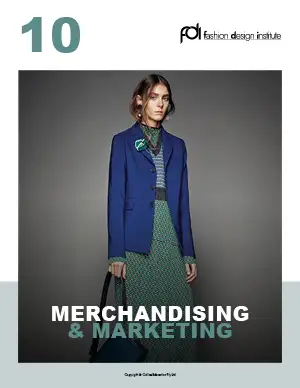 Module 10
Module 10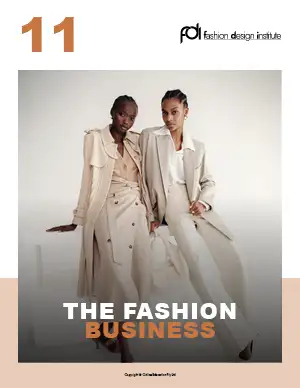 Module 11
Module 11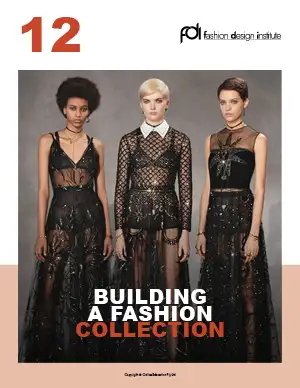 Module 12
Module 12